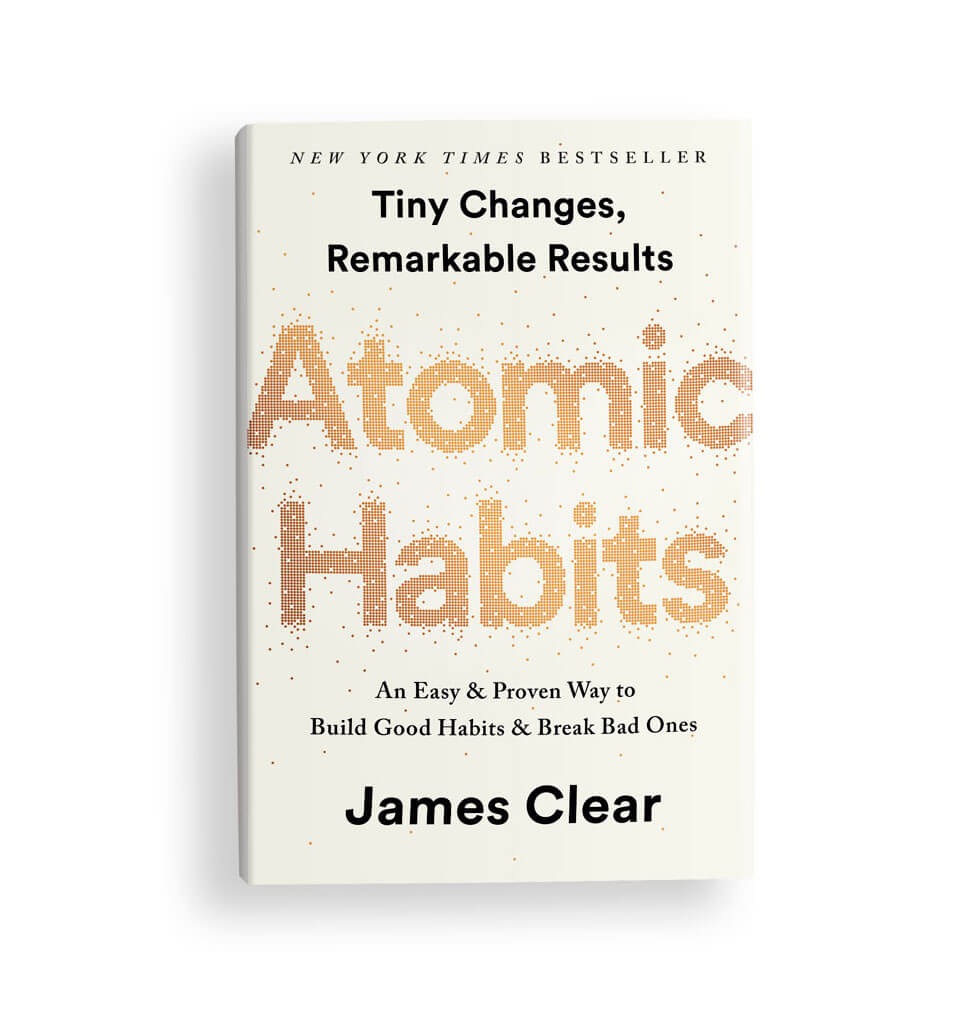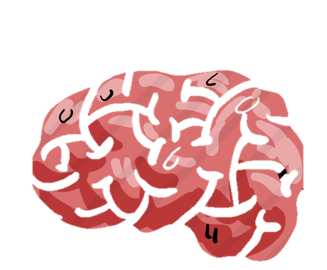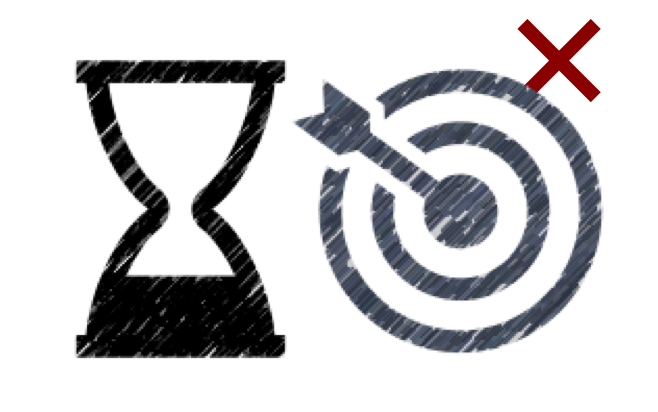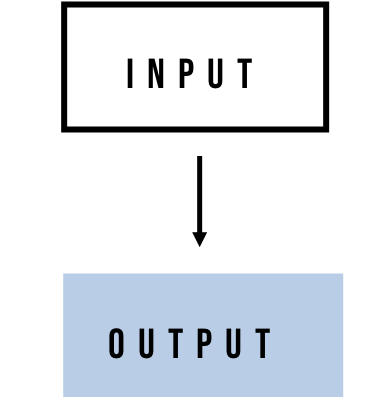How to Create a System (not a goal) to Pass the RD Exam

In English grammar, we have an idiom known as “eat an elephant”. Eat an elephant essentially, means to take a large goal and break it down into small, achievable units.
In this post, that’s exactly what you’ll learn — how to take a large milestone, like the RD Exam, break it down into small units and design a system (not a goal) to maximize your productivity, your progress, and help yourself pass the RD Exam.
The difference between goals and systems.
First, let’s make a distinction. What’s the difference between a goal and a system? Well as stated in Atomic Habits, a goal is a result you want to achieve, but a system is a process that leads to those results.
The ultimate difference between both goals & systems is locked within the purpose.

“The purpose of setting a goal is to win the game, the purpose of building a system is to continue playing the game.”
–– James Clear
Why you need a system to pass the RD exam.
If you want to keep the momentum going, creating a system that works for your brain is vital.
There are three specific reasons why building a system is more powerful than setting a goal, and they’re all pulled from the book Atomic Habits along with research from habit formation and productivity.
Reason #1: Optimize Your Brain

When you create a system, you optimize your brain by building habits that give you small wins and this make you feel happy and motivate you to keep going.
This is not an airy idea– this is based on real brain science. According to a study published in the journal Neuron, a group of neuroscientists discovered that habits and goals are stored in different areas of the brain.
In fact, there’s a region in your brain called the orbitofrontal cortex that’s responsible for converting dreamy, wishful goals into solid, automatic habits. This region is also responsible for controlling your dopamine levels, your happiness
Bottomline?
Small wins have a psychological lift — they make you feel happy.
Dopamine is a “feel good” chemical, a neurotransmitter that plays a vital role in your mood. Small wins trigger the release of this chemical in your body, which gives you a rush of excitement and motivates you to move closer to your goal of passing the RD Exam.
Reason #2: Progress, not hyper-focus.

Systems encourage progress that changes your output and your results.
Sometimes when you set a goal, you lock yourself inside a cage and become fixated with accomplishing the goal and wait to be happy until you’ve achieved the goal.
But, guess what?
The goal-specific happiness you seek is momentary—it’s fleeting, finite and it lasts only a day, a few hours, or weeks.
Instead of waiting to be happy, with a system in place, you shift your thinking to appreciate the journey, not just the destination.
You might even fall in love with the process, but if that’s too much of a stretch, at least you’ll be satisfied with the blueprint you have in place because it’s giving you those small, consistent wins and daily results that are taking you closer to your goal of passing the RD Exam.
It’s kind of like that quote by Martin Luther King Jr.:
You don’t have to see the whole staircase, just take the first step.
Martin Luther King Jr.
Reason #3: Change the input and the output will follow.

When you change your behavior the output (end result) will fix itself.
For example, if you have a messy room (output), and you change your behavior (the input) – just by taking a few minutes every day to put things back where they belong, the output of a cleanroom will naturally occur on its own.
Meaning: Small changes have a compound effect on your life. They multiply and grow. One tiny microscopic change has an astounding effect on your life.
Just a 1% push every day can add up to a massive change that you will see & feel in just a few weeks or months from now. The reason this is so important is that we often think that massive success requires massive action. But you don’t need to make earth-shattering moves. You just need to take small, impactful actions every day so that in time your tiny actions lead to tremendous progress, bringing you closer to your goal of passing the RD exam.
So, how do you create a system?
I have a four-step framework, which I call the Trunk System (though it’s not officially named in the lesson), that you can use to design your own system to study and pass the RD Exam now.
Save yourself some time and click on this link to learn the framework in less than 6 minutes.
